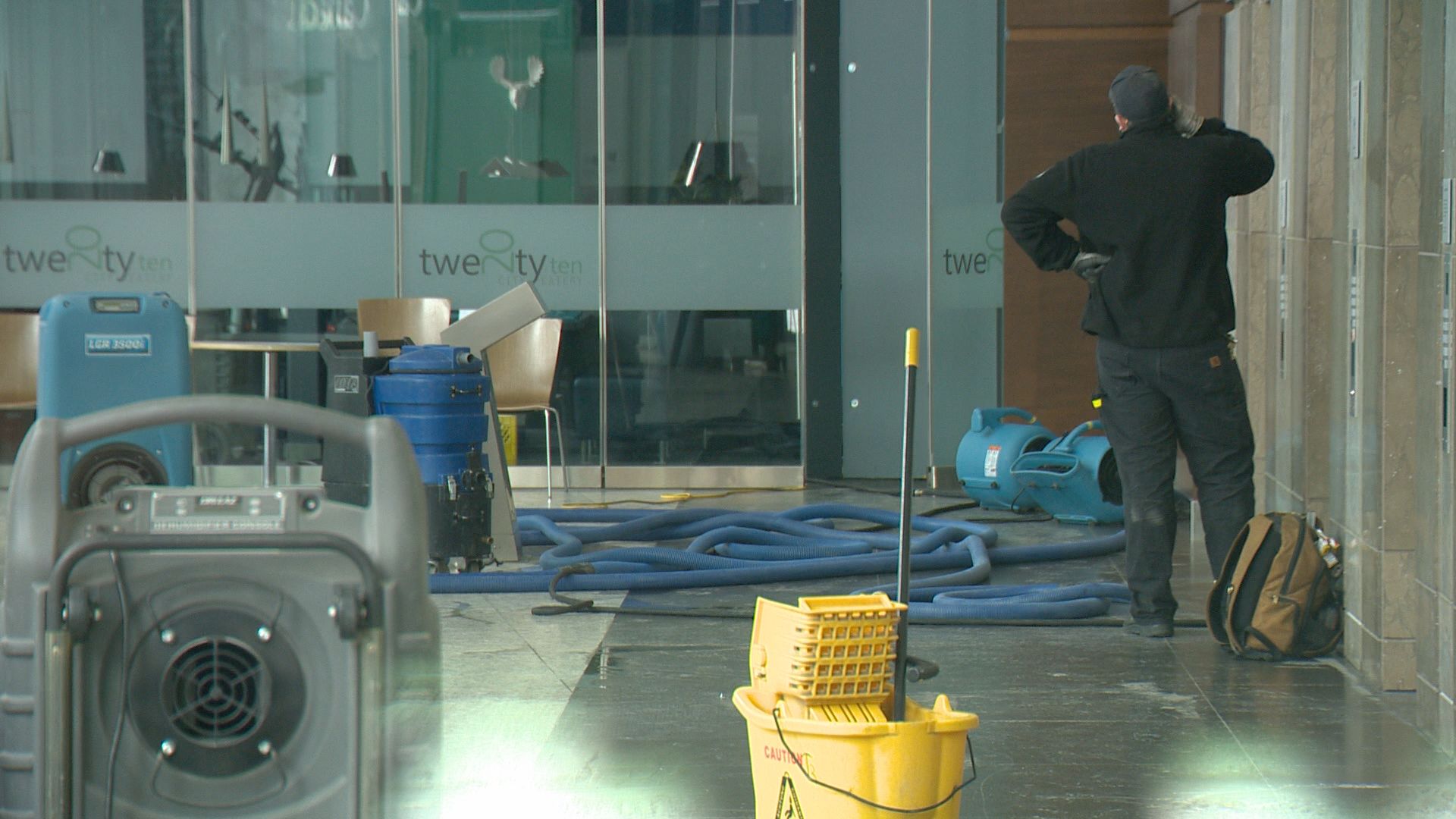

This can include potential construction sites, which produce a considerable amount of daytime noise and can last for a number of years, or types of commercial activities that operate 24 hours per day.
DOWNSIDE LIFE TOWER LEAKS CREAKS BREAKS WINDOWS
If possible, choose a location offering windows that open or a balcony, so you can experience the sounds of the city during the day and at night.Įxplore the neighbourhood and familiarise yourself with potential noise sources. This will give you the opportunity to experience and listen to the activities that make Perth such a vibrant place. If you want to live in the inner city, it is recommended you first acquaint yourself with the neighbourhood in which you wish to live. Consider spending 24 hours in a hotel/apartment close to where you intend to live. However, this can also result in noise levels that are higher than those experienced in a suburban environment. One of the many attractions of living in a city is the diversity of activity.

Noise in Western Australia is governed by the Environmental Protection (Noise) Regulations 1997 (Noise Regulations). The Federal Government takes responsibility in areas such as aircraft noise and emission standards for new motor vehicles, while each state's environmental protection agency regulates its environmental noise. There is no single government authority in Australia with overall responsibility for controlling or reducing noise pollution.

Sound is measured in decibels (dB) by using an instrument called a sound level meter, which records sounds as perceived by the human ear. The City's Environmental Health Officers manage neighbourhood noise in the city, investigate and monitor noise complaints, and take steps as appropriate to prevent and reduce offensive noise. Noise is classified as unwanted sound, which among other things can be disruptive, causing loss of sleep, interference to activities and emotional stress.


 0 kommentar(er)
0 kommentar(er)
